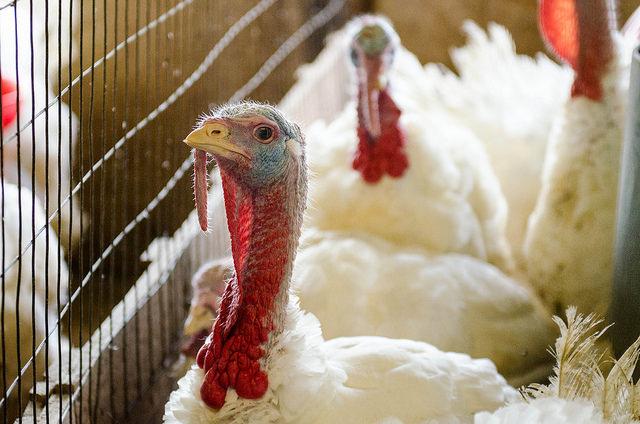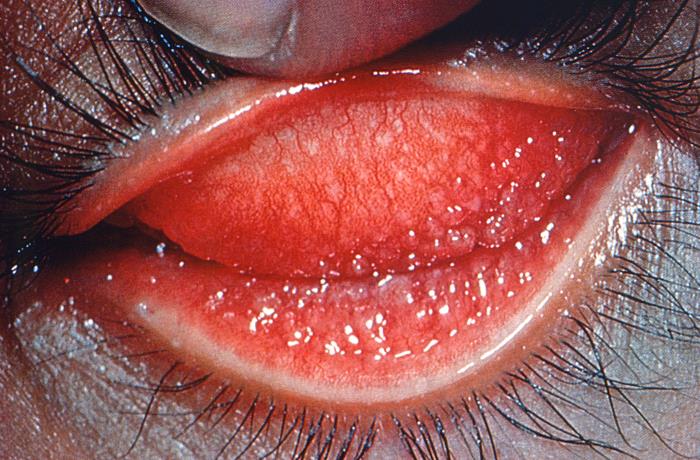
In the past 2 days the US Department of Agriculture's Animal and Plant Health Inspection Service (APHIS) has reported several new detections of highly pathogenic avian flu in both commercial poultry and backyard birds.
Notably, a commercial turkey farm in Swift County, Minnesota, that houses 34,000 birds is the site of the latest outbreak to hit the top turkey-producing state in the nation.
Egg-laying farm hens in Indiana hit
In Indiana, an outbreak on a commercial egg-layer farm with 19,600 birds was reported in Lagrange County. Pennsylvania’s Lancaster County has noted two outbreaks of 1,200, and 2,800 birds, respectively.
In Cascade and Yellowstone counties in Montana, two small backyard flocks were affected. And Idaho also reported detections on a farm in Payette County (11,600 birds) and in a 90-bird backyard flock in Canyon County.
Avian flu activity is increasing across the county after relatively few detections this summer. In the past 30 days, confirmations have been made in 62 flocks, including 34 commercial flocks and 28 backyard flocks, with 6.46 million birds affected in the outbreaks.
Minnesota has seen the highest jump in activity, with 17 commercial flocks, 2 backyard flocks, and almost 600,000 birds affected.













